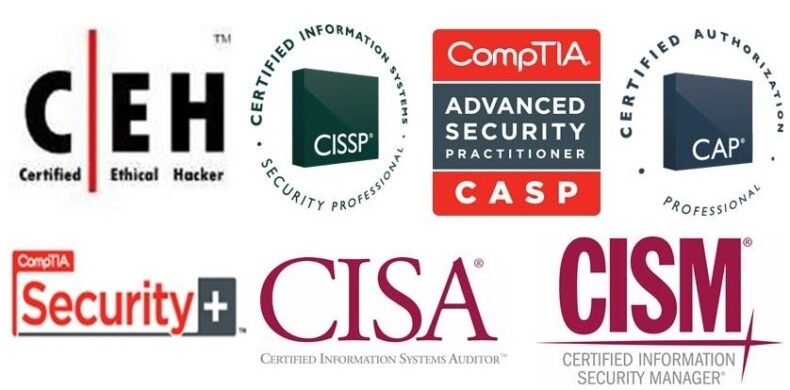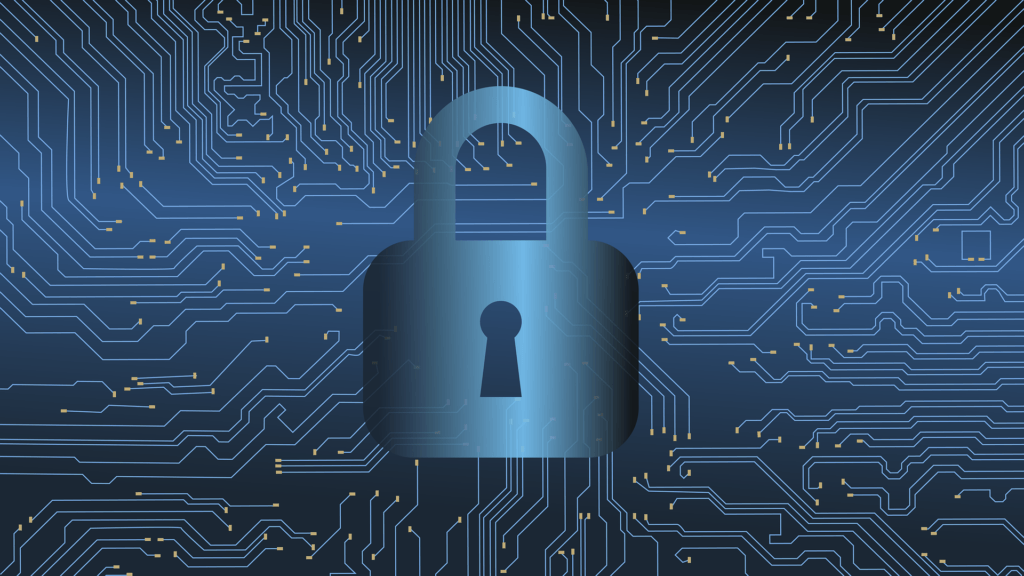
Hacking, a term often associated with cybercrime and malicious intent, can seem intimidating and mysterious to those unfamiliar with the world of cybersecurity. However, at its core, hacking is simply the art of exploring, understanding, and manipulating computer systems, networks, and digital devices. In this comprehensive blog post, we will demystify hacking, providing a beginner-friendly introduction to its fundamentals, ethics, various types, and the importance of ethical hacking in securing our digital world.
Understanding Hacking
Contrary to its negative connotations, hacking is not inherently malicious. Hacking, in its purest form, is about curiosity, problem-solving, and understanding how technology works. It involves delving into the intricacies of software, hardware, and networks to discover their vulnerabilities and strengths.
Types of Hacking
- Ethical Hacking (White Hat Hacking): Ethical hackers, also known as white hat hackers, use their skills to identify and rectify security weaknesses in computer systems, networks, and applications. They work with organizations and businesses to improve their cybersecurity defenses and protect them from malicious attacks.
- Malicious Hacking (Black Hat Hacking): Black hat hackers engage in hacking with malicious intent. Their actions include stealing sensitive information, conducting cyberattacks, spreading malware, or causing disruption to systems and networks.
- Hacktivism: Hacktivists use hacking techniques to promote social or political causes. They aim to raise awareness, advocate for change, or retaliate against perceived injustices.
- Script Kiddies: Script kiddies are amateur hackers who lack the technical expertise but use pre-made hacking tools and scripts to conduct basic attacks.
- State-Sponsored Hacking (Advanced Persistent Threats – APTs): Nation-states engage in hacking for espionage, intelligence gathering, or launching cyber warfare against other nations.
The Importance of Ethical Hacking
Ethical hacking plays a crucial role in ensuring the security and integrity of our digital infrastructure. By simulating potential cyber attacks, ethical hackers help organizations identify vulnerabilities before malicious hackers can exploit them. Their efforts contribute to creating robust cybersecurity defenses and protecting sensitive data from breaches.
Basic Hacking Techniques
- Reconnaissance: Gathering information about the target system or network to identify potential vulnerabilities and weaknesses.
- Scanning: Conducting port scans and vulnerability assessments to pinpoint areas susceptible to attack.
- Exploitation: Using known vulnerabilities or weaknesses to gain unauthorized access to a system or network.
- Privilege Escalation: Elevating user privileges to gain deeper access and control over a compromised system.
- Maintaining Access: Establishing backdoors or persistent access points to remain undetected within the target system.
- Covering Tracks: Erasing evidence of the hacker’s presence and activities to avoid detection.
The Ethics of Hacking
The ethical implications of hacking lie in how the skills and knowledge are utilized. Ethical hackers adhere to a code of conduct that emphasizes responsible and legal hacking practices. Their intention is to improve security, protect users, and contribute positively to the field of cybersecurity. Unethical hacking, on the other hand, involves activities that harm individuals, organizations, or society at large, violating privacy and breaking the law.
Getting Started with Ethical Hacking
For beginners interested in ethical hacking, there are essential steps to follow:
- Learn Networking and Operating Systems: Understanding the basics of networking and different operating systems is crucial for ethical hackers.
- Master Programming and Scripting: Learning programming languages like Python, Java, or C++ will help aspiring hackers create their tools and scripts.
- Study Security Concepts: Gain knowledge of cybersecurity concepts, including cryptography, secure coding, and penetration testing methodologies.
- Obtain Certifications: Pursue reputable cybersecurity certifications like Certified Ethical Hacker (CEH) or CompTIA Security+ to demonstrate your expertise.
- Practice in a Controlled Environment: Use legal hacking platforms like Capture the Flag (CTF) competitions or virtual labs to practice ethical hacking in a safe environment.
Conclusion
Hacking, often perceived as a dark and shadowy world, is a multifaceted concept that encompasses both malicious and ethical intentions. Ethical hacking, when conducted responsibly and legally, is a critical aspect of cybersecurity that helps protect organizations and individuals from cyber threats.
Aspiring ethical hackers should focus on continuous learning, exploring ethical hacking tools, and adhering to ethical guidelines. By using their skills for good, ethical hackers can contribute to making the digital world a safer place, safeguarding our sensitive information, and defending against malicious cyber activities.
Always remember, with great power comes great responsibility, and ethical hacking embodies the positive application of this power to secure our digital frontiers.





Leave a Reply